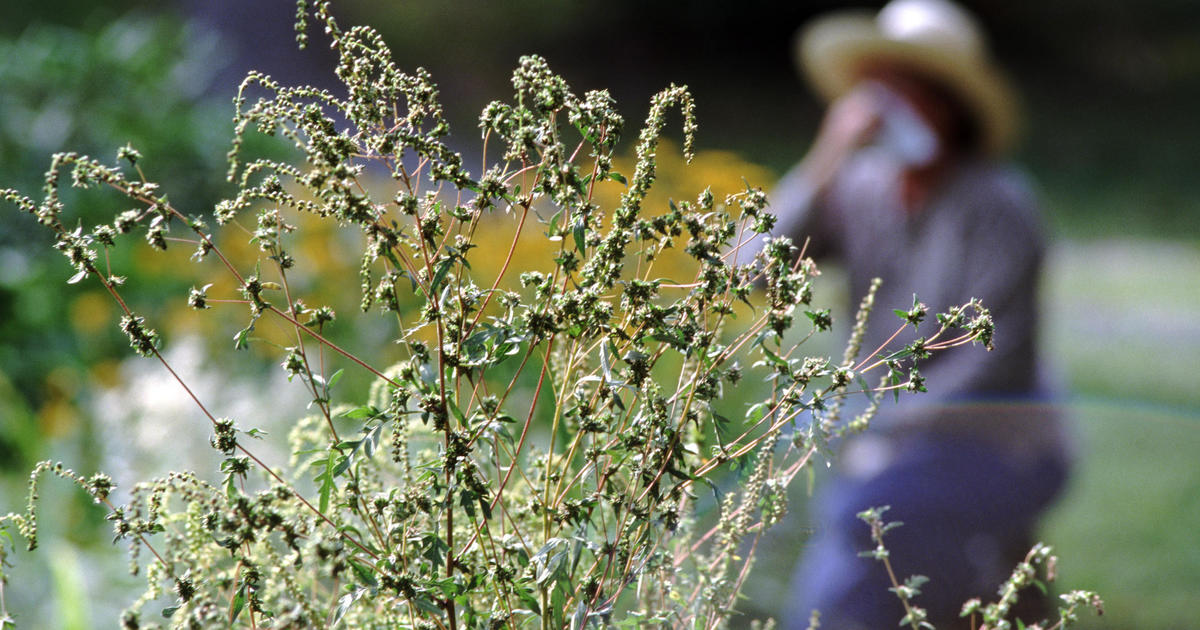For many, spring flowers are a welcome sight. But for the approximately 81 million Americans who suffer from seasonal allergies, pollen is painful, and the season is getting longer.
Ryan Pfister told CBS News he’s been suffering from springtime allergies his entire life. He said the season “definitely” feels longer, “and I suffer for longer periods of time.”
According to the U.S. Department of Agriculture and the University of Utah, allergy season is starting 20 days earlier and lasting 10 days longer than it did in the 1990s. The amount of pollen in the air has increased by more than 20%, according to the USDA.
Dr. Mohammed Younus, an allergist and immunologist at Hackensack University Medical Center, said, “For the past few years, the allergies have been unusually more severe. The most important factor that we’re seeing is the climate change.”
Pfister is now receiving immunotherapy treatment in the form of weekly allergy shots, gradually relieving his symptoms. But there are other options for people with less severe allergies.
“There are a lot of people that just have mild allergies that can be controlled with minimizing their exposure, as well as just taking antihistamines or prescription medications,” Younus said.
Those looking to limit their exposure to pollen should check the pollen count before going out, and then change their clothes and shower once they get home, which will help remove pollen particles from their bodies.
Keeping windows closed at home and using high-efficiency filters in ventilation systems can also help.
Also, you should start your allergy medication at least two weeks before the season starts.
Thanks for reading CBS NEWS.
Create your free account or log in
for more features.
For all the latest Health News Click Here
For the latest news and updates, follow us on Google News.

